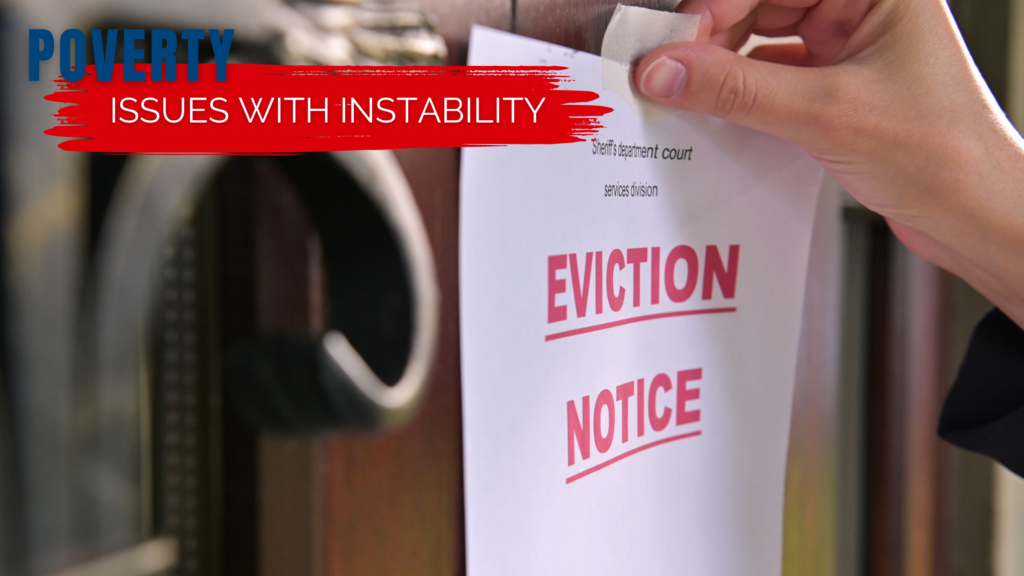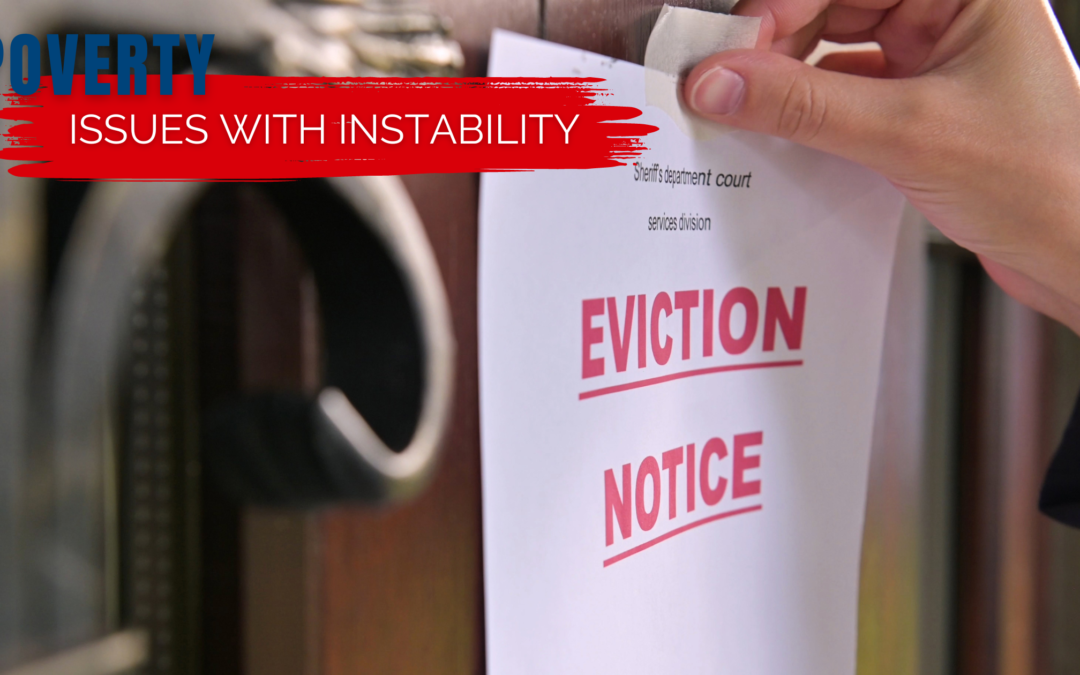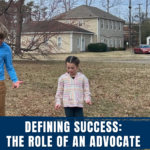
As we continue our exploration of the high costs of poverty, we must take a deep dive into the topic of housing instability. This is an issue that is significantly affecting families right here in Henrico County. It is a complex challenge that demands our attention.
Issues with Housing Instability
Affordable housing options are often scarce, especially in the greater Richmond area. This leads many low-income families to settle for substandard housing conditions. Afterall, if they do not settle, they face the risk of homelessness. Moreover, landlords in low-income neighborhoods may exploit their tenants by charging exorbitant rents for poorly maintained properties. This drains financial resources. However, it also takes a toll on the physical and mental well-being of those living in inadequate housing conditions.
Did you know that in Henrico County, nearly 24% of households with children are considered cost-burdened (U.S. Census Bureau)? That means they’re spending more than 30% of their income on housing, leaving little room for other essentials. And when families are struggling to make ends meet, it’s often the children who feel the brunt of the burden.
Take a moment to consider another statistic. In Henrico County, over 1,500 children experience homelessness each year (Homeward). That’s a staggering number. Each of these children is facing uncertainty and instability that has a ripple effect on all parts of their lives.
Picture a child trying to focus in school, but their mind is consumed with worries about where they’ll sleep tonight. It’s tough to excel academically when your basic needs aren’t being met. Studies have shown that children experiencing housing instability are more likely to struggle in school. They are noted to have lower test scores and higher rates of absenteeism.
And let’s not forget about the emotional wear. Imagine the stress and anxiety of not knowing if you’ll have a safe place to call home. It’s a heavy burden for anyone to bear, let alone a child. Housing instability can lead to increased rates of depression, anxiety, and behavioral problems among children. This clearly affects their overall well-being and future prospects.
How to Move Forward
So, what can we do about it? Well, for starters, as Court Appointed Special Advocates we can speak up for a child’s specific needs. We can also connect them to appropriate resources. In addition, we can all support local organizations and initiatives that are working to address homelessness and provide stable housing for families.
And let’s not underestimate the power of empathy and understanding—by listening to the stories of families experiencing housing instability, we can better understand their needs and work together to find solutions.








